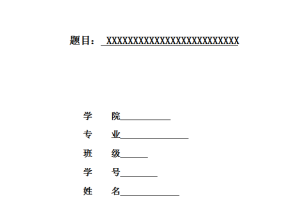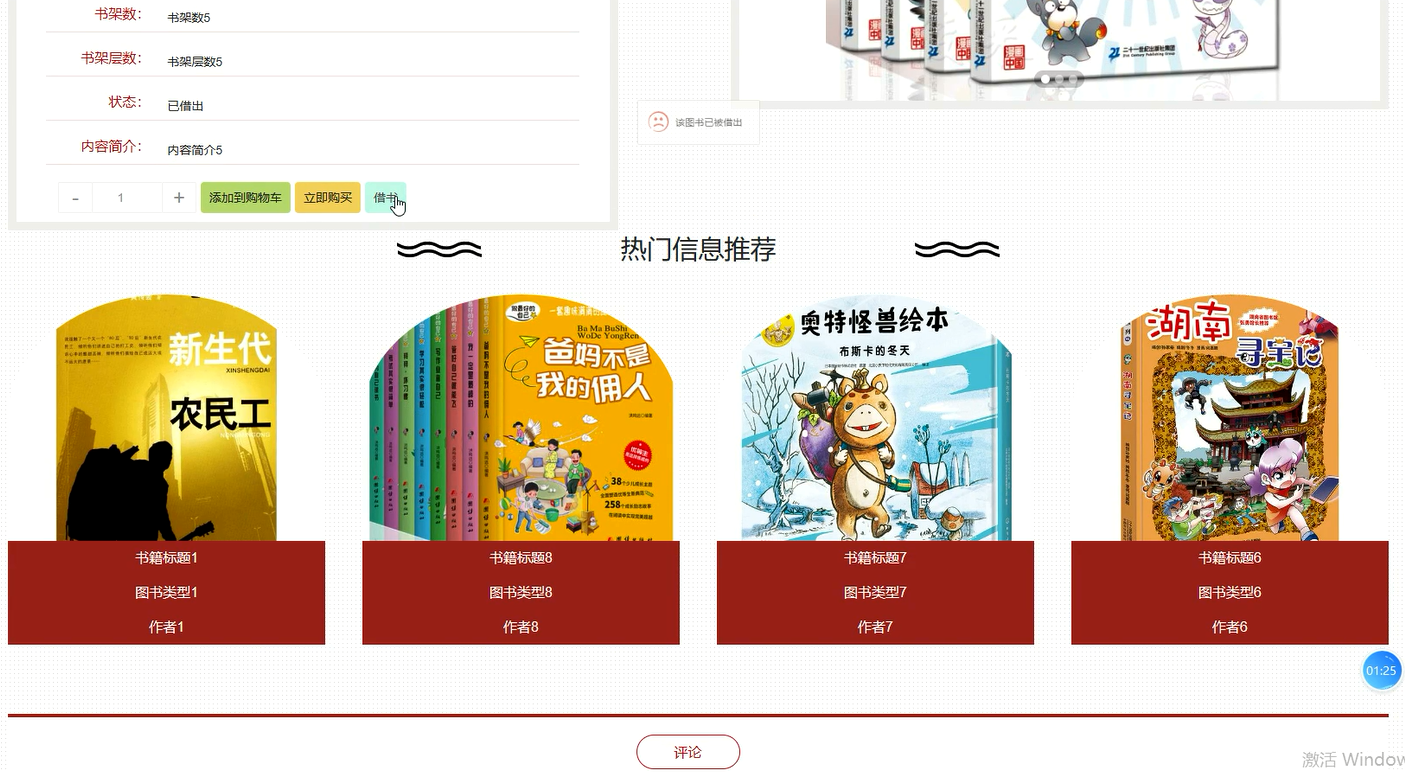摘要
我国证券市场从上世纪90年代成立以来发展迅猛,在二十多年间不断成熟,为我国经济建设提供大量资金,为市场经济的发展做出了巨大贡献,在我国经济发展中占据了非常重要的地位。但是这种迅速的发展也使得一些问题随之而来,会计信息的失真,对上市公司的治理不完善,监管体系的不完善等等,它们不仅妨碍了证券市场的资源配置,同时也限制了我国市场经济的持续稳定发展。
盈余管理在近年来我国的上市公司中普遍存在,虽然企业可以通过盈余管理在短期内满足自己的目的,但是从企业的长远发展来看,这一行为是非常不利的。过度的盈余管理不仅会导致会计信息的失真,也会误导投资者的投资决策,更会导致经济市场上的资源配置的不合理。在这种情况下,在理论界和实务界,对上市公司的盈余管理问题研究也成为热点问题。
随着市场经济的发展,西方国家出现的企业盈余管理的问题,也必然出现在我国的公司与企业中,因此,对盈余管理问题的研究和探讨是十分必要的,本文分析了盈余管理的概念以及盈余管理的动机和方法,并探讨了盈余管理的计量方法,希望对我国企业盈余管理问题的探究起到积极的借鉴作用。
关键词:盈余管理;问题;探讨
Abstract
The development of China’s securities market since the establishment of the last century 90’s in 20 years rapid, continue to mature, providing much of the fundingfor the economic development of China, has made great contribution to the development of market economy, which plays an important role in the economic development of our country. But this rapid development has also led to someproblems, the accounting information distortion, the governance of the listing Corporation is not perfect, the regulatory system is not perfect and so on, whichnot only hinders the stock market allocation of resources, but also restricted thesustained stable development of market economy in china.
Earnings management is widespread in recent years China’s listing Corporation,although the enterprise can through the earnings management to meet theirobjectives in the short term, but from the long-term development of the enterprise, this behavior is very bad. Excessive earnings management will not only lead to distortion of accounting information, also will mislead investors, it will lead to economic market allocation of resources is not reasonable. In this case,in the circles of theory and practice, the study on earnings management of listing Corporation has become the hot issue.
With the development of market economy, the enterprise earnings managementin the western countries problems, will also appear in the company of our countryand enterprise, therefore, the research and Discussion on the problem of earnings management is very necessary, this paper analyzes the concept of earnings management and earnings management motivation and methods, and discussed the measurement methods of earnings management, we hope to the earnings management of Chinese enterprises into play an active role in.
Keywords: earnings management; problem; discussion
目 录
三鹿集团盈余管理问题探讨…………………………………………………………………….. 1
摘要………………………………………………………………………………………………………… 2
Abstract……………………………………………………………………………………………………. 3
目 录…………………………………………………………………………………………………….. 4
第一章绪论……………………………………………………………………………………………… 6
1.1研究背景与目的………………………………………………………………………….. 6
1.2国内外文献综述………………………………………………………………………….. 7
1.2.1国外关于盈余管理的文献综述…………………………………………… 7
1.2.2国内关于盈余管理的文献综述…………………………………………… 8
1.3研究意义…………………………………………………………………………………….. 9
1.3.1 理论意义………………………………………………………………………….. 9
1.3.2 现实意义………………………………………………………………………….. 9
1.4 研究思路与方法……………………………………………………………………….. 10
2.盈余管理基本理论概述……………………………………………………………………….. 10
2.1盈余管理的概念及基本特征………………………………………………………. 10
2.2.1动机不同…………………………………………………………………………. 12
2.2.2手段不同…………………………………………………………………………. 12
2.2.3后果不同…………………………………………………………………………. 12
2.3.1信息不对称……………………………………………………………………… 12
- 3. 2会计政策的可选择性……………………………………………………… 13
- 4盈余管理的动机……………………………………………………………………….. 13
- 4.1契约动机………………………………………………………………………… 13
- 4.2资本市场动机…………………………………………………………………. 15
- 4. 3避税动机……………………………………………………………………….. 17
- 4. 4政治动机……………………………………………………………………….. 17
3.三鹿集团盈余管理问题的现状…………………………………………………………….. 20
3.1盈余管理概念的解析…………………………………………………………………. 21
3.2盈余管理的动机………………………………………………………………………… 22
3.3盈余管理的方法………………………………………………………………………… 22
3.4盈余管理的计量………………………………………………………………………… 23
4.三鹿集团外部环境分析……………………………………………………………………….. 24
4.1三鹿的宏观环境分析…………………………………………………………………. 24
4.1.1政治环境…………………………………………………………………………. 25
4.1.2经济环境…………………………………………………………………………. 27
4.1.3技术环境…………………………………………………………………………. 28
4.1.4社会文化环境………………………………………………………………….. 28
4.2乳品业的行业状况分析……………………………………………………………… 29
4.2.1基础扎实的乳品行业……………………………………………………….. 29
4.3三鹿集团的竞争对手分析………………………………………………………….. 29
4.4外部环境评价矩阵…………………………………………………………………….. 30
5.三鹿集团内部环境分析……………………………………………………………………….. 30
5.1三鹿集团的经营现状…………………………………………………………………. 31
5.2三鹿集团内部战略要素的确定…………………………………………………… 32
5.2.1职能法的应用………………………………………………………………….. 32
5.2.2价值链法的应用………………………………………………………………. 34
5.2.3三鹿集团的内部战略要素………………………………………………… 35
5.3三鹿集团内部战略要素的评价…………………………………………………… 35
5.3.1竞争对手比较………………………………………………………………….. 36
6.结论……………………………………………………………………………………………………. 38
参考文献……………………………………………………………………………………………….. 40





